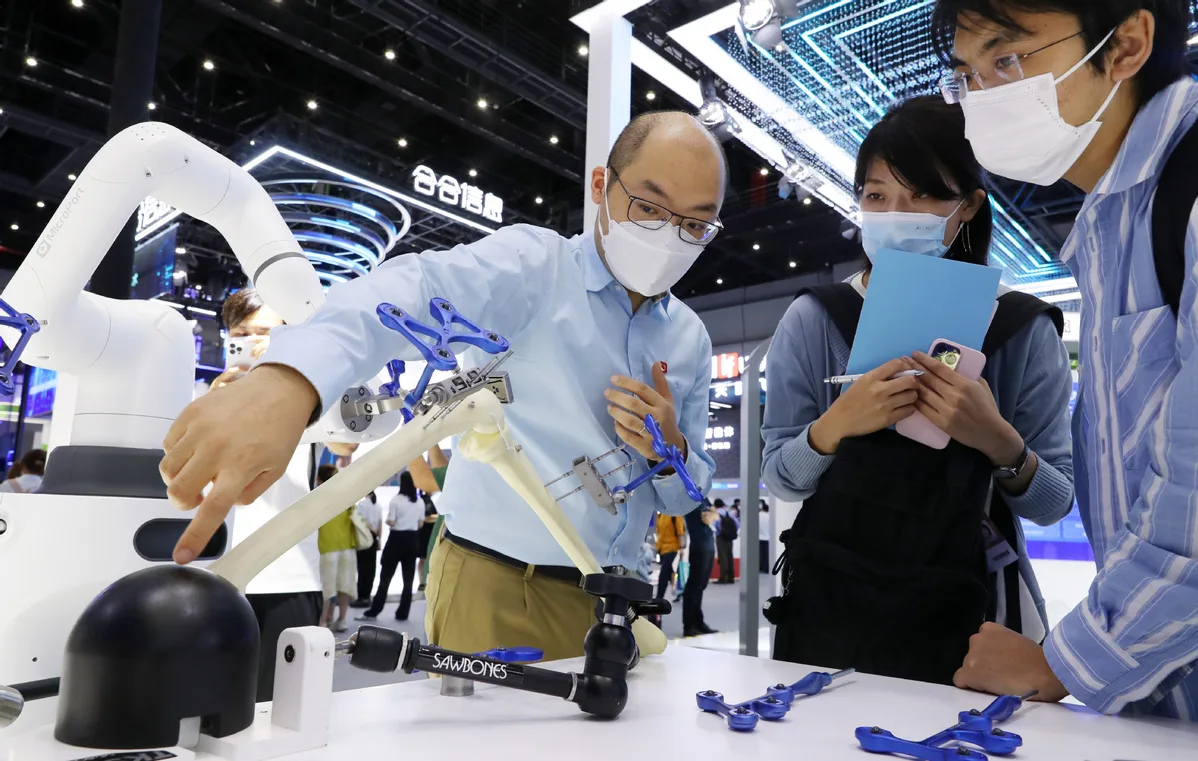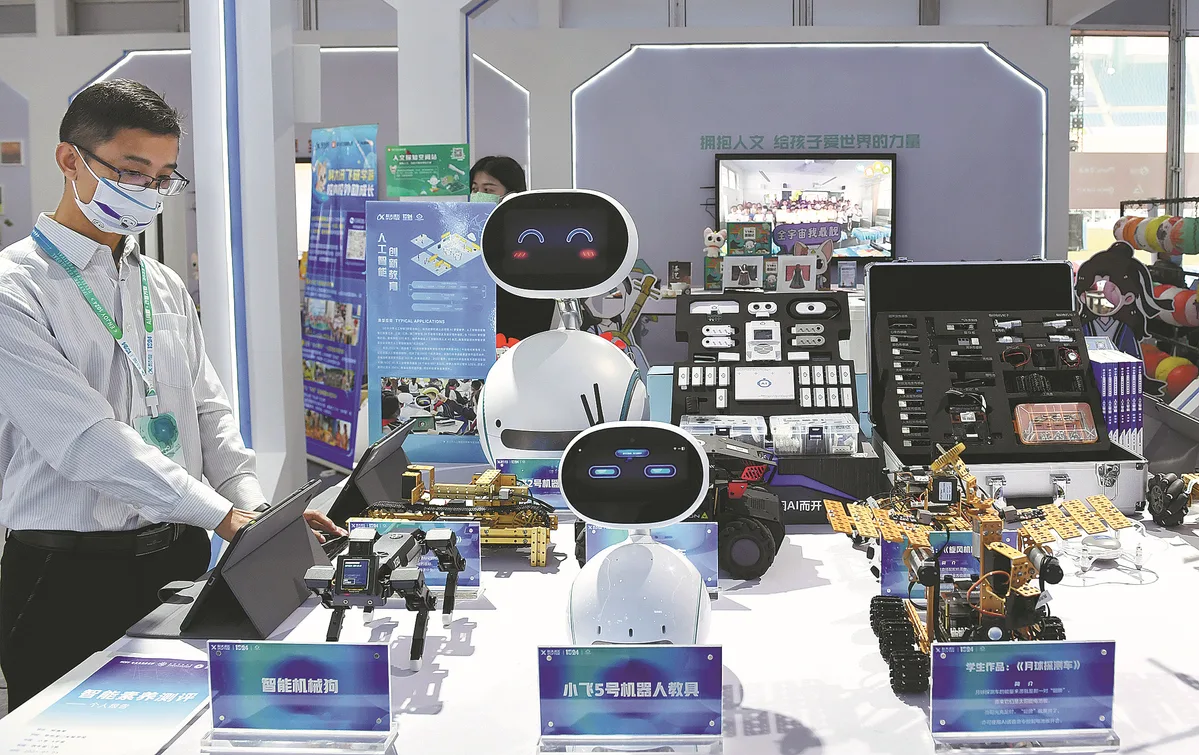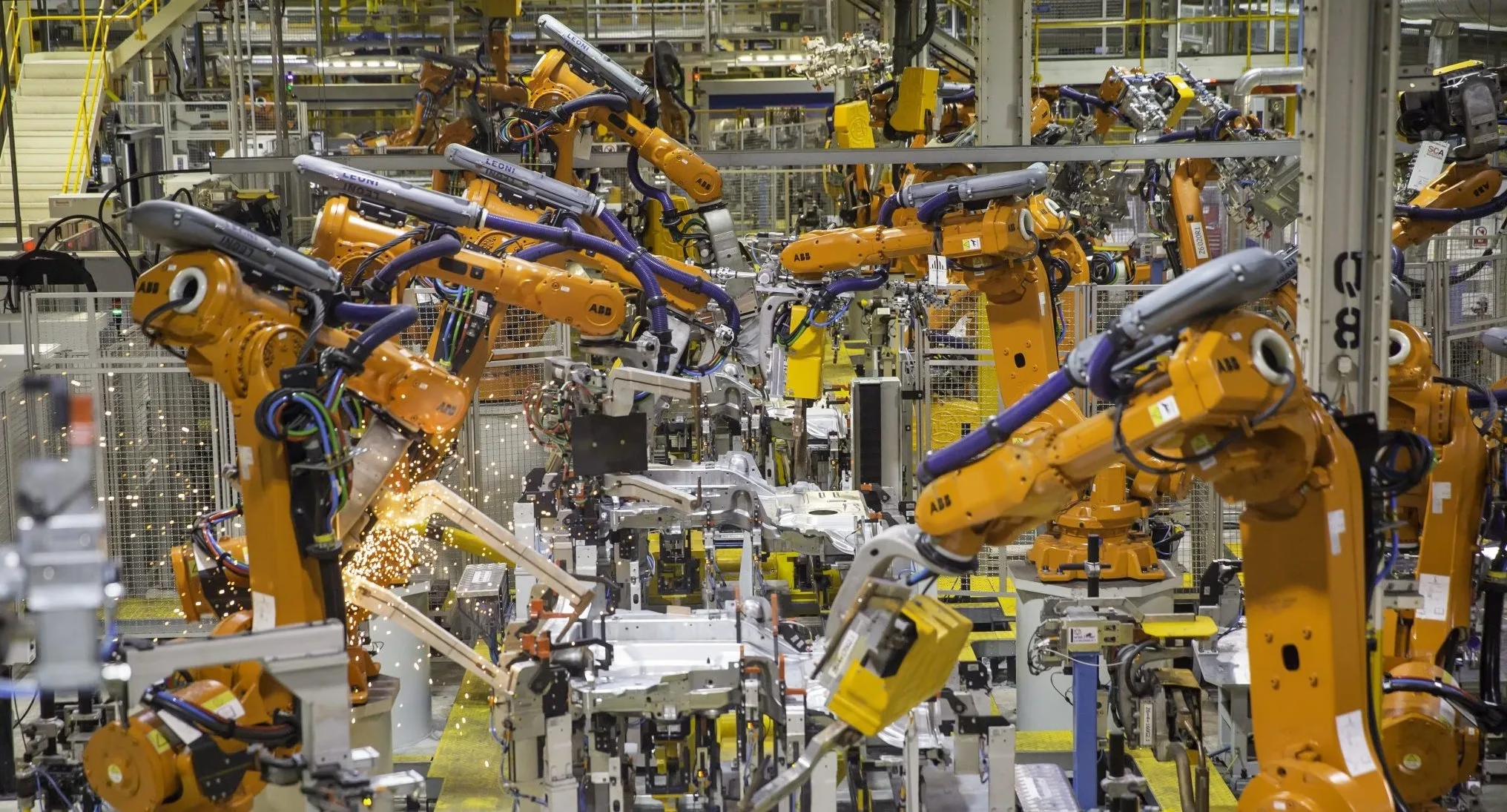Eric Schmidt’s Warning Against China’s AI Industry and Leaked Emails Revealing Contradictory Actions
In recent years, the rapid development of artificial intelligence (AI) has captured the attention of leaders and innovators worldwide. Among them, former Google CEO Eric Schmidt has been vocal about the potential benefits and risks associated with AI. However, leaked emails have revealed a surprising twist in Schmidt’s stance on China’s AI industry. This blog post will explore the details of Schmidt’s warning against China’s AI industry and the contradictory nature of his actions as revealed in the emails.
The Warning Against China’s AI Industry
Eric Schmidt has long been an influential figure in the technology industry, and his opinions on AI carry significant weight. In 2018, during a speech at the VivaTech conference in Paris, Schmidt warned against the rise of China’s AI industry. He expressed concerns about the country’s ability to surpass the United States in AI development, highlighting the potential consequences for national security and economic competitiveness.
Schmidt’s warning was based on the rapid progress China had made in AI research and development. With substantial investments and a large talent pool, China was emerging as a formidable player in the global AI landscape. Schmidt cautioned that if the United States did not take immediate action, it risked falling behind in this critical technology race.

The Leaked Emails
However, leaked emails obtained by a media outlet shed a different light on Schmidt’s position. These emails revealed that while publicly expressing concerns about China’s AI industry, Schmidt was also actively seeking connections and opportunities within the same industry.
The emails showed Schmidt’s interest in establishing relationships with Chinese AI companies and researchers. He sought introductions to key players in China’s AI ecosystem, including government officials and industry leaders. Schmidt’s actions seemed to contradict his public warnings and raised questions about his true intentions. https://www.wired.com/story/eric-schmidt-china-ai-ties/
The Contradiction
The contradiction between Schmidt’s public statements and private actions raises concerns about his credibility and motives. On one hand, he warned against the potential risks posed by China’s AI industry, emphasizing the need for the United States to maintain its technological edge. On the other hand, he actively pursued partnerships and collaborations within the same industry he warned against.
Some critics argue that Schmidt’s actions were driven by a desire to maintain Google’s position as a global leader in AI. By seeking connections with Chinese AI companies, he may have been trying to gain insights into their advancements and establish potential collaborations. However, this approach seems at odds with his public stance on the matter.

The Implications
The leaked emails and the apparent contradiction in Schmidt’s position highlight the complexities and challenges surrounding the development of AI. It raises questions about the motivations of influential figures in the industry and the potential conflicts of interest they may have.
Furthermore, this revelation also underscores the importance of transparency and consistency in public statements made by industry leaders. When influential figures express concerns about a particular industry or technology, it is crucial for them to align their actions with their words to maintain trust and credibility.
In the case of Eric Schmidt, the leaked emails have undoubtedly tarnished his reputation and raised doubts about his true intentions. It serves as a reminder that leaders in the technology industry must act responsibly and ethically, considering the potential consequences of their words and actions. Elon Musk’s Prediction: AI Overtaking Human Intelligence
Conclusion
The leaked emails revealing Eric Schmidt’s contradictory stance on China’s AI industry have sparked a significant controversy. While publicly warning against the rise of China’s AI sector, Schmidt was actively seeking connections and partnerships within the same industry. This contradiction raises questions about his credibility and motivations, highlighting the complexities and challenges surrounding the development of AI. It serves as a reminder that leaders in the technology industry must act with transparency and consistency to maintain trust and uphold ethical standards.

